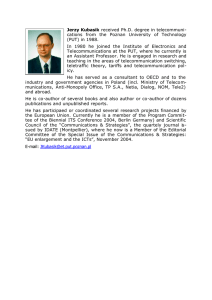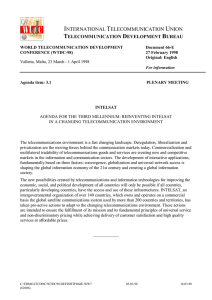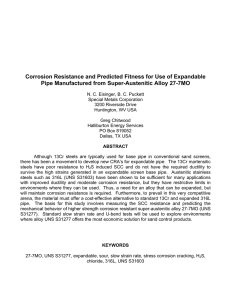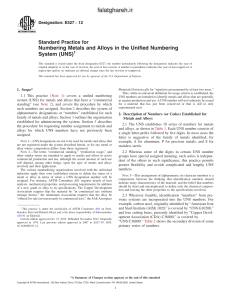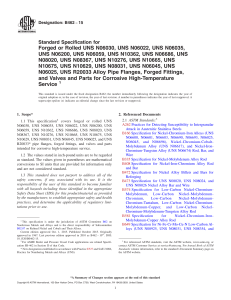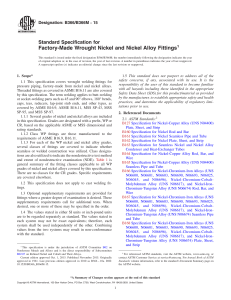ITU Telecom 2009 "Regulating in times of crisis"
advertisement
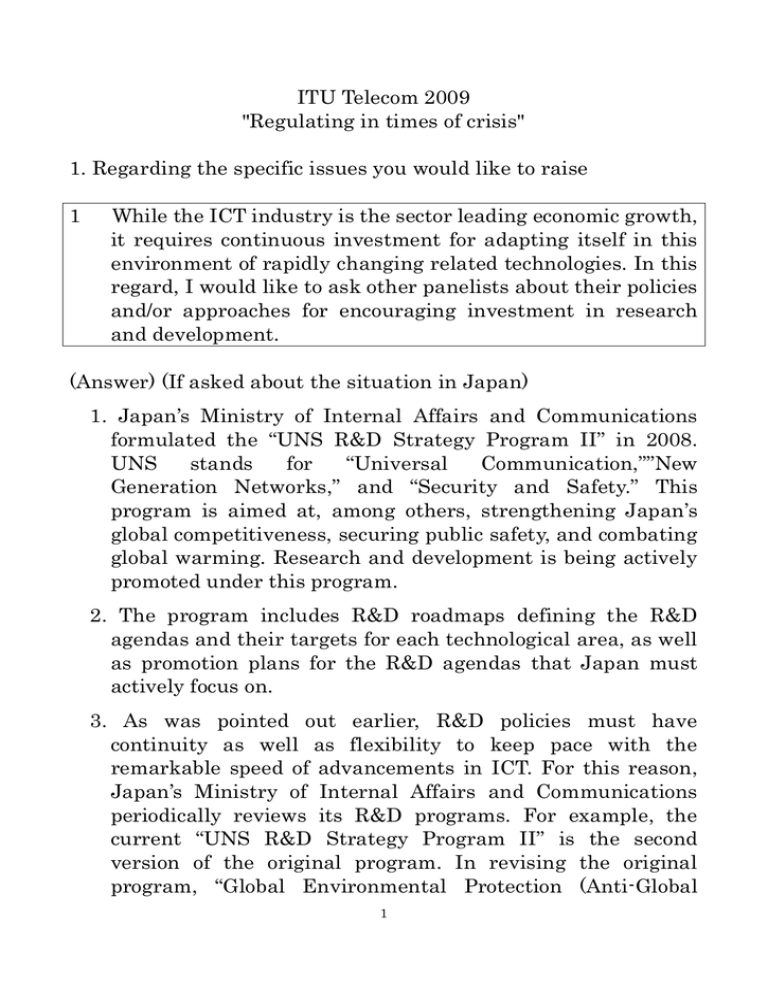
ITU Telecom 2009 "Regulating in times of crisis" 1. Regarding the specific issues you would like to raise 1 While the ICT industry is the sector leading economic growth, it requires continuous investment for adapting itself in this environment of rapidly changing related technologies. In this regard, I would like to ask other panelists about their policies and/or approaches for encouraging investment in research and development. (Answer) (If asked about the situation in Japan) 1. Japan’s Ministry of Internal Affairs and Communications formulated the “UNS R&D Strategy Program II” in 2008. UNS stands for “Universal Communication,””New Generation Networks,” and “Security and Safety.” This program is aimed at, among others, strengthening Japan’s global competitiveness, securing public safety, and combating global warming. Research and development is being actively promoted under this program. 2. The program includes R&D roadmaps defining the R&D agendas and their targets for each technological area, as well as promotion plans for the R&D agendas that Japan must actively focus on. 3. As was pointed out earlier, R&D policies must have continuity as well as flexibility to keep pace with the remarkable speed of advancements in ICT. For this reason, Japan’s Ministry of Internal Affairs and Communications periodically reviews its R&D programs. For example, the current “UNS R&D Strategy Program II” is the second version of the original program. In revising the original program, “Global Environmental Protection (Anti-Global 1 Warming Technology),” which spans three technological areas, was added as a new research and development field. 4. Japan intends to continue its efforts to further strengthen collaboration among academia, industry, and government, thus promoting research and development in an effective and efficient manner, based on the three technological areas and other elements stated in the UNS R&D Strategy Program II. 2 2. Regarding the broad topic of the session 2 It is a fundamental belief that stimulating economic activities through a pro-competition regulatory framework is important even under the situation of current economic downturn. At the same time, consumer protection is also necessary. In this regard, I would like to ask other panelists what the basic philosophy for consumer protection is, for example how the regulatory authority should react in the face of market exit of telecommunications carriers and/or service providers while promoting competition among those business entities. (Answer) (If asked about the situation in Japan) 1. Telecommunication services are indispensable services in people’s lives and their socio-economic activities. In recent years, various types of telecommunication services including the Internet and mobile phones have become widespread in society, increasing the impact it could have on people’s lives. 2. Bearing this in mind, we are constantly aware that the users may experience unexpected disadvantages if a telecommunication service suddenly becomes unavailable with no prior notice due to a suspension or termination of service caused by the carrier withdrawing from the market. 3. For this reason, Japan provides a legal safeguard via a basic rule requiring telecommunications carriers or service operators to inform the users of the services that are to become unavailable and when they will become unavailable, if they plan to suspend or terminate part or all of their services (Article 18 of the Telecommunications Business Law). 3
